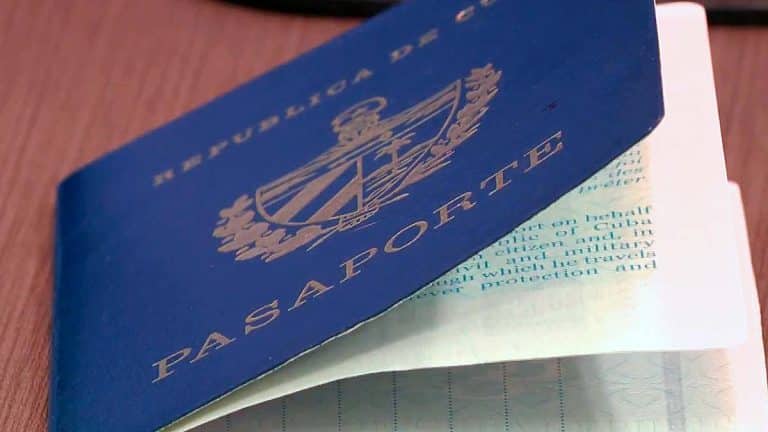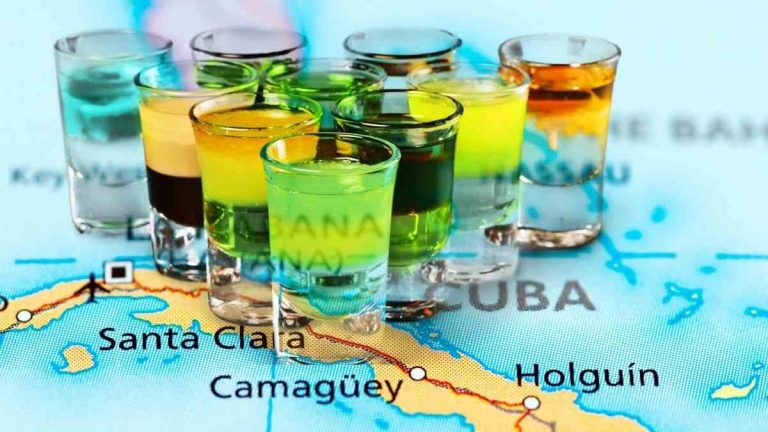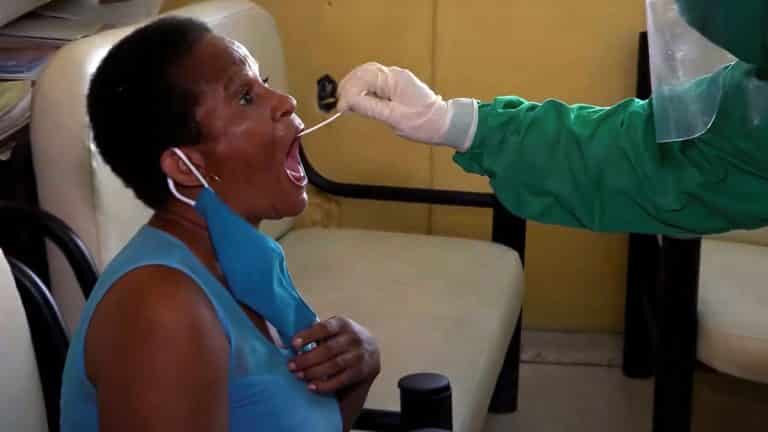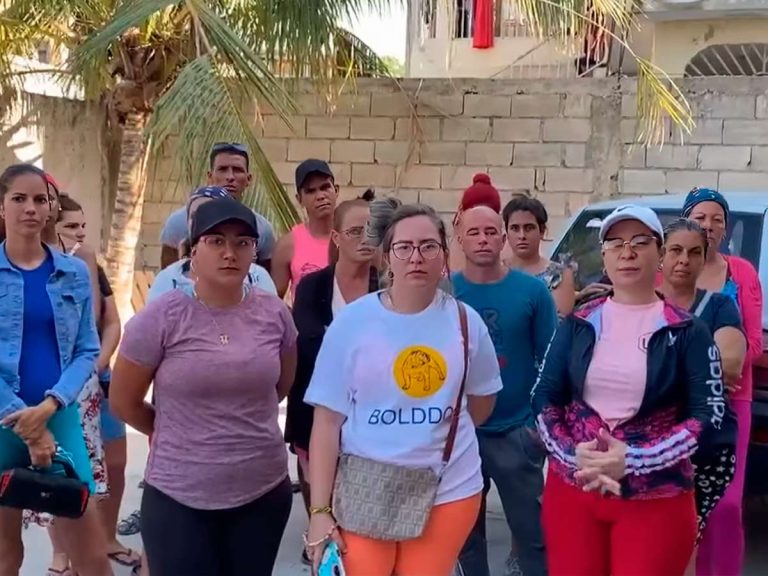Cuba to Allow Euthanasia Once Government Deems Conditions Ready

In December 2022, Cuba’s National Assembly approved a sweeping new Public Health Law that formally recognizes citizens’ right to die with dignity.
According to Dr. Taymí Martínez Naranjo, an influential member of both Cuba’s Council of State and the National Assembly, this legal provision paves the way for the future legalization of euthanasia on the communist-run island.
However, she cautions that euthanasia will only be implemented once the government determines that proper conditions exist.
Dr. Martínez, who also serves as director of the Faustino Pérez Provincial Hospital in Matanzas, explained the law’s implications in a recent interview with state media outlet Girón.
She highlighted that Article 159.1 of the new law specifically acknowledges citizens’ right to “access a dignified death through determinations for the end of life.”
“The application of valid procedures to end a person’s life is what is known in other places as euthanasia,” Dr. Martínez stated. “It will be regulated under a specific law for this issue, when the Ministry of Public Health determines that the proper conditions exist, both theoretically and materially.”
According to the doctor, the prerequisite conditions include reaching consensus among experts and officials, as well as securing the necessary medical resources and facilities.

She said the implementing regulations must also establish which medical personnel can perform euthanasia procedures. Professionals must consent to participating, so further discussion is still needed before full implementation.
Notably, euthanasia is not currently recognized under Cuba’s legal code. Cuba’s Penal Code does not categorize euthanasia as a distinct legal concept.
Therefore, as government media outlet Girón highlighted, any Cuban who induces, facilitates, or collaborates in ending the life of another human could potentially face criminal prosecution for murder or manslaughter under current law.
The only options currently available for Cubans with terminal or incurable illnesses are limited life-sustaining treatment and palliative or hospice care.
These options are sanctioned under Cuba’s legal framework. As Dr. Martínez observed, they apply specifically to “chronic degenerative or irreversible diseases with intractable suffering, which are in an agonizing or terminal phase of life, or which have suffered injuries that place them in this condition.”
Dr. Martínez emphasized that palliative care and limited life-sustaining treatment are nothing new in Cuba. She claimed they are already practiced in all the island’s hospitals and medical facilities.
However, Cuba has faced perpetual shortages of medications, medical supplies, and basic necessities like sheets and sanitary products for decades due to economic mismanagement.

Thousands of critically and terminally ill Cubans lack access even to analgesics and sedatives to ease their pain and suffering as they approach death.
The dire conditions in underfunded, underequipped hospitals and long-term care facilities contradict the idea of a “dignified death.”
For many vulnerable citizens, the right to die with dignity enshrined in the new Health Law remains an impossible dream given Cuba’s realities.






